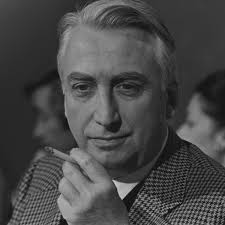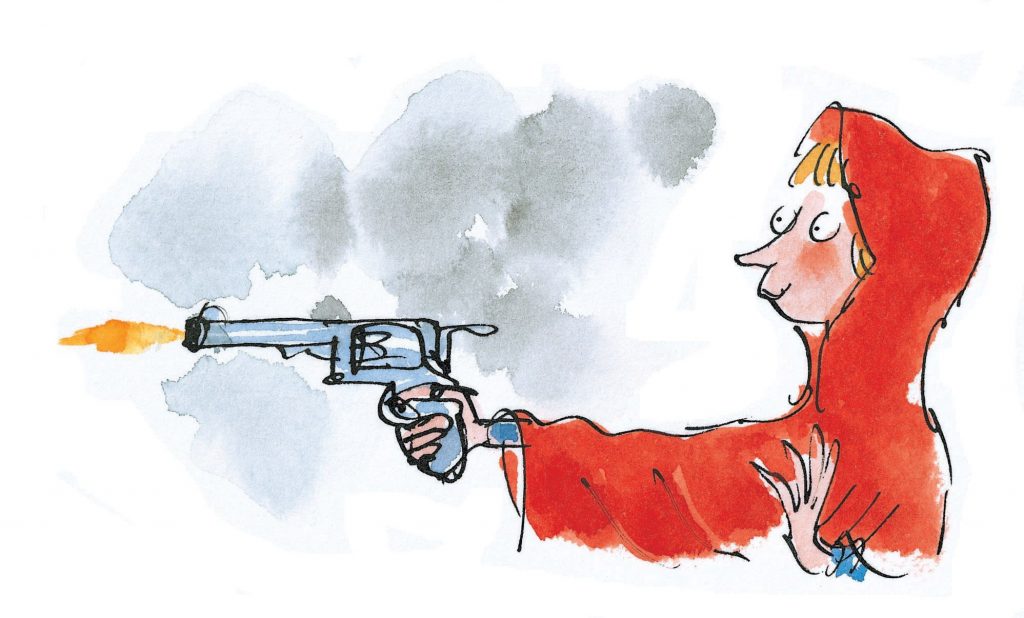
Roland Barthes: Among the top three minds I wish I could steal.
I am a Junior. As a student at the College of Wooster, I am required at some point during my Junior Year to complete an Independent Study project. It is intimidating, even though it isn’t my first or final research project at this school. I have a legitimate opportunity to contribute to humanity’s body of knowledge.
The problem: I do not have enough ideas or expertise. Plus, my choice of majors leaves me with little precedent to reference. Data Science and English? While computational statistics offers legitimate avenues of literary analysis, no student at the College of Wooster has taken this path. Because of this, my advisors are in new territory too. I have less guidance than my fellow students have. My Study cannot fit into any sort of easy template either.
I fear venturing into uncharted wilds of knowledge, guided by my creativity and sustained by ambition. How do I stay alive?
I have to start early that’s how. Every month or so, I come up with an idea for Independent Study. I do not know if any of them are good. I might have to explore multiple to find a good one. That is fine. JIS is really just a first dart throw before Senior IS.
I hope I can pioneer this blend of studies for future Wooster students. Leaving that legacy may be a lofty goal, but it might be achievable.
Does anybody else have similar thoughts or anxieties? Is anybody else working on their Independent Study now? If so, I am very curious to hear what you’re working on. It might give me inspiration for my own project.

